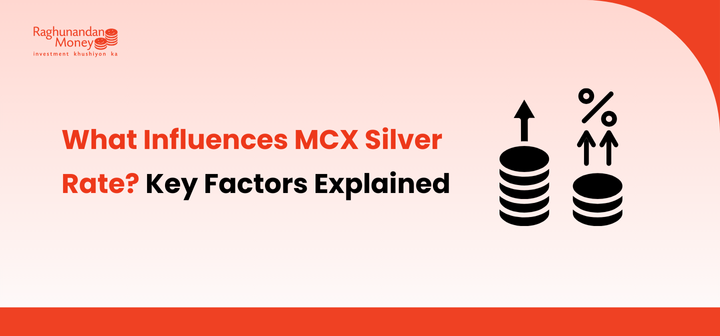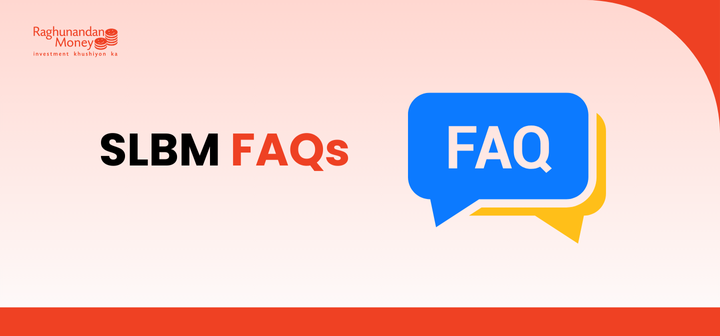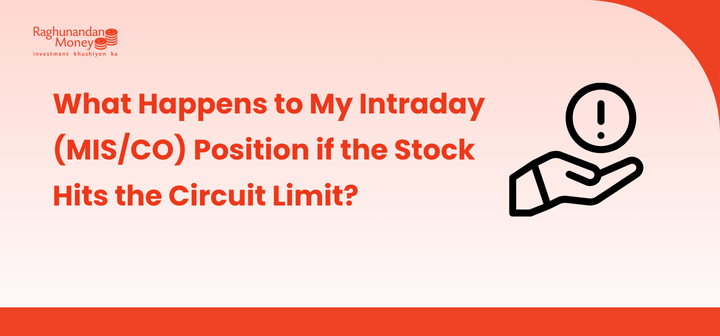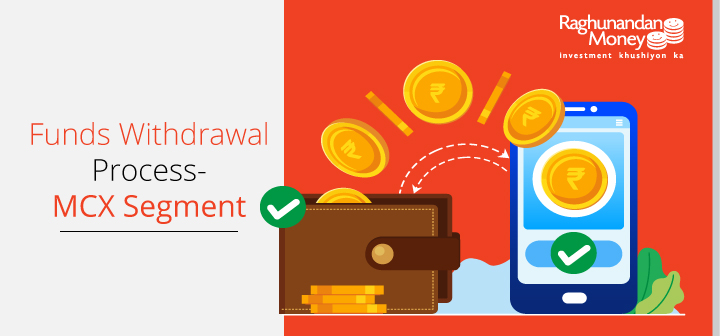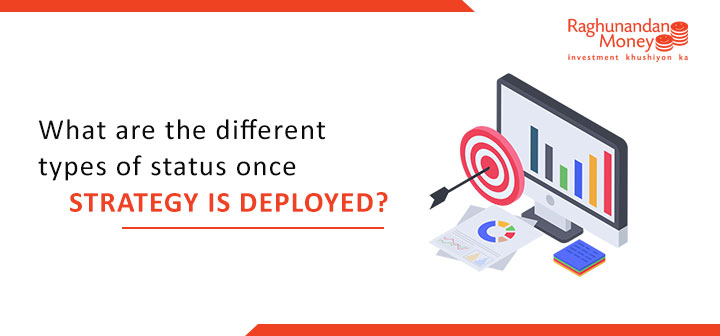What is Strike Price in Options? Meaning and Examples
The strike price is the fixed price at which a call or put option can be exercised on or before its expiry date.
In the case of a call option, the strike price is the amount at which the underlying asset can be bought. Conversely, for a put option, it is the price at which the asset can be sold.
On the expiration date, the strike price at which the option is exercised is referred to as the “exercise price.” This price plays a key role in calculating profits, losses, and the breakeven point for any options trade.
While the strike price remains constant throughout the life of the option contract, the market price of the underlying asset fluctuates. Therefore, the difference between the stock price and the strike price determines the option’s “moneyness,” regardless of whether it’s a call or put option.
This article delves into the meaning of strike price, its role in options trading, and the factors that influence it.
Topics Covered
- Understanding Strike Price in Options
- Strike Price vs. Spot Price
- Strike Price in Put Options
- Key Factors Influencing Strike Price
- What Are Multiple Strike Prices?
- Strike Price vs. Exercise Price
Disclaimer: The information provided in this blog is for educational purposes only and should not be considered as financial advice or a recommendation to invest.
Understanding Strike Price in Options
In the world of finance, options are contracts that grant the buyer the right—but not the obligation—to buy while the seller must honor the contract if the buyer chooses to exercise their option at a predetermined price within a specified timeframe. This predetermined price is referred to as the strike price. The underlying asset could range from stocks and commodities to indices.
Strike Price vs. Spot Price
The strike price is the agreed price at which the underlying asset can be bought or sold, while the spot price represents its current market value. Regardless of the spot price fluctuations, the strike price remains fixed as per the contract terms.
Example:
Imagine a stock currently trading at ₹100. A trader anticipates the stock price will rise above ₹120 within a week. Another market participant offers a call option with a strike price of ₹110 at a premium of ₹3. If the stock price rises to ₹120, the trader exercises the option to buy at ₹110 and sells in the market at ₹120, gaining ₹7 (after accounting for the ₹3 premium). Conversely, if the price falls below ₹113, the trader incurs a loss limited to the premium paid.
Strike Price in Put Options
Put options allow traders to sell an underlying asset at a predetermined strike price. The buyer of a put option pays a premium to gain this right.
For instance, if a seller offers a put option with a strike price of ₹110 and the spot price falls to ₹100, the buyer can sell the asset at ₹110, profiting from the price difference after deducting the premium.
Key Factors Influencing Strike Price
The selection of a strike price depends on multiple factors, including:
- Risk-to-Reward Ratio
Traders evaluate the potential gains relative to the risks involved before deciding on a strike price.
- Implied Volatility
High volatility often increases the likelihood of profitable trades, prompting traders to choose strike prices based on market projections.
- Liquidity
Highly liquid options contracts with smaller tick sizes and extended timeframes offer flexibility, encouraging traders to opt for such contracts.
What Are Multiple Strike Prices?
While an individual options contract features a single strike price, traders often employ strategies involving multiple contracts with varying strike prices. This diversification aids in managing risks and maximizing returns.
Strike Price vs. Exercise Price
Though often used interchangeably, there is a subtle difference between these terms. The strike price refers to the price specified in the contract, while the exercise price comes into play only when the option is executed.
Conclusion
A clear understanding of the strike price is essential for successful options trading. As a critical component of the decision-making process, it helps traders evaluate risks and rewards effectively.
For beginners, gaining deeper insights into related concepts is vital. Explore options trading with RMoney to unlock opportunities tailored to your financial goals.
Ready to embark on your options trading journey? Open your Demat Account with RMoney today and explore endless possibilities!

Stock Trading Now trade in ₹9 Per Order or ₹ 999 Per Month Plans.
Future & Options Access F&O contracts with advanced tools for hedging and speculation.
Currency Trading Trade in major currency pairs and manage forex exposure efficiently.
Commodity Trading Diversify Trading with MCX & NCDEX by Trading in Gold, Silver, Base Metals, Energy, and Agri Products.
Margin Trading Funding Boost your buying power with upto 5X, Buy now Pay Later
Algo Trading Back test, Paper Trade your logic & Automate your strategies with low-latency APIs.
Trading View Leverage Trading View charts and indicators integrated into your trading platform.
Advanced Options Trading Execute multi-leg option strategies with precision and insights.
Stock Lending & Borrowing Earn passive income by lending stocks securely through SLB.
Foreign Portfolio Investment Enable NRIs and FPIs to invest in Indian markets with ease and compliance.
IPO Invest in upcoming IPOs online with real-time tracking and instant allotment updates.
Direct Mutual Funds 0% Commissions by investing in more than +3500 Direct Mutual Fund Scheme.
Corporate FDRs Earn fixed returns with low-risk investments in high-rated corporate fixed deposits.
Stocks SIPs Build long-term wealth with systematic investment plans in top-performing stocks.
Bonds & NCDs Access secure, fixed-income investments through government and corporate bond offerings.
Depository Services Safely hold and manage your securities with seamless Demat and DP services with CDSL.
Journey Tracing our growth and milestones over time.
Mission & Vision Guided by purpose, driven by long-term vision.
Why RMoney Platform Smart, reliable platform for all investors' needs.
Management Experienced leadership driving strategic financial excellence.
Credentials Certified expertise with trusted industry recognition.
Press Release Latest company news, updates, and announcements.
Testimonials Real client stories sharing their success journeys.
7 Reasons to Invest Top benefits that make investing with us smart.
SEBI Registered Research Trusted insights backed by SEBI-compliant research.
Our Technology Advanced tools enabling efficient online trading.
Calculators Access a suite of smart tools to plan trades, margins, and returns effectively.
Margin Calculator Instantly check margin requirements for intraday and delivery trades.
MTF Calculator Calculate MTF funding cost upfront to ensure full transparency before placing a trade.
Brokerage Calculator Know your exact brokerage charges before placing any trade.
Market Place Explore curated investment products and trading tools in one convenient hub.
RMoney Gyan Enhance your market knowledge with expert blogs, videos, and tutorials.
Performance Tracker Track our research performance with full transparency using our performance tracker.
Feedback Share your suggestions or concerns to help us improve your experience.
Downloads Access important forms, software, and documents in one place.
Locate Us Find the nearest RMoney branch or service center quickly.
Escalation Matrix Resolve issues faster with our structured support escalation process.
Back Office Log in to view trade reports, ledger, and portfolio statements anytime.
Account Modification Update personal or bank details linked to your trading account.
Fund Transfer Transfer funds instantly online with quick limit updation to your trading account.
Bank Details View our registered bank account details for seamless transactions by NEFT, RTGS or IMPS.
How to Apply IPO Step-by-step guide to apply for IPOs using your trading account.
RMoney Quick Mobile App Trade on-the-go with our all-in-one mobile trading app.
RMoney Quick login Quickly access your trading account through the RMoney Quick web-based trading.
RMoney Rocket Web Version Experience powerful web-based trading with advanced tools for algo traders.
RMoney Rocket Mobile Version Trade anytime, anywhere with our feature-rich mobile trading platform.


